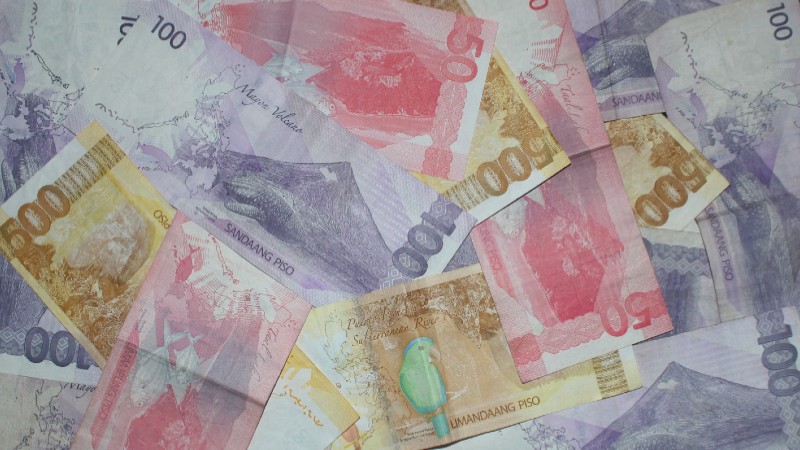BAGUIO CITY – The grant of a P300 daily subsidy to pubic utility jeepney (PUJ) drivers who will be allowed to operate during the general community quarantine (GCQ) was extended up to May 31, 2020.
Engr. Richard Lardizabal, chairman of the Baguio Transport and Traffic Technical Working Group (BTTTWG), said the recommendation to extend the grant of the daily subsidy to the drivers was reached after a series of consultations with the presidents of the different PUJ associations serving various routes in the city.
Earlier, Mayor Benjamin B. Magalong disclosed the city government earmarked some P20 million to sustain this daily subsidy to jeepney drivers who will be allowed to operate during the implementation of the enhanced community quarantine (ECQ) and GCQ.
He added the city will stop providing the subsidy to jeepney drivers once the funds that had been made available will be exhausted.
During the ECQ, the grant of the P300 subsidy to jeepney drivers was only for 2 days when the jeepneys will be transporting people in the districts who will go to market but during the GCQ, the subsidy given to the beneficiaries on a daily basis.
Rey Bacoco, president of the United Metro Baguio Transport Federation, said that the P300 daily subsidy for the jeepney drivers is a welcome development because it will greatly help in supplementing the meager income derived from their limited operations.
Under the guidelines crafted by the Land Transportation Franchising and Regulatory Board (LTFRB), PUJs are allowed to operate on a 50 percent capacity to ensure their compliance to the policy on physical distancing, aside from the provision of alcohol and sanitizers for both drivers and passengers.
However, he added the daily subsidy is not yet sufficient to defray the cost of fuel, maintenance of their vehicles, fuel, share of the operator, and the allocation for the driver but PUJs are continuously operating during the GCQ once allowed by the local government primarily for public service.
Representatives of different jeepney operatives and drivers associations plying the different routes in the city expressed their gratitude to the city government for coming out with the subsidy because their daily operations on a 60 percent capacity is actually a losing venture that is why some drivers decided not to apply online to secure a special permit from the LTFRB to service their existing routes.
According to them, the ultimate remedy to address the gap in the income from their limited operations is the temporary increase in the prevailing P9 minimum fare for the first 4 kilometers and additional P1.50 for each of the succeeding kilometers that will be traveled to allow them to earn a decent income and for the operators to maintain their regular share.
By DEXTER A. SEE














